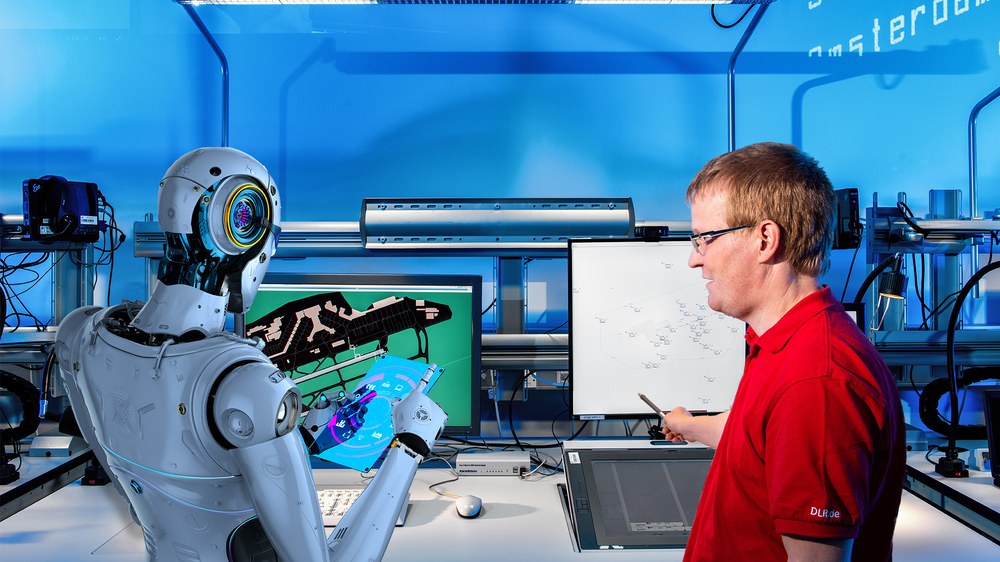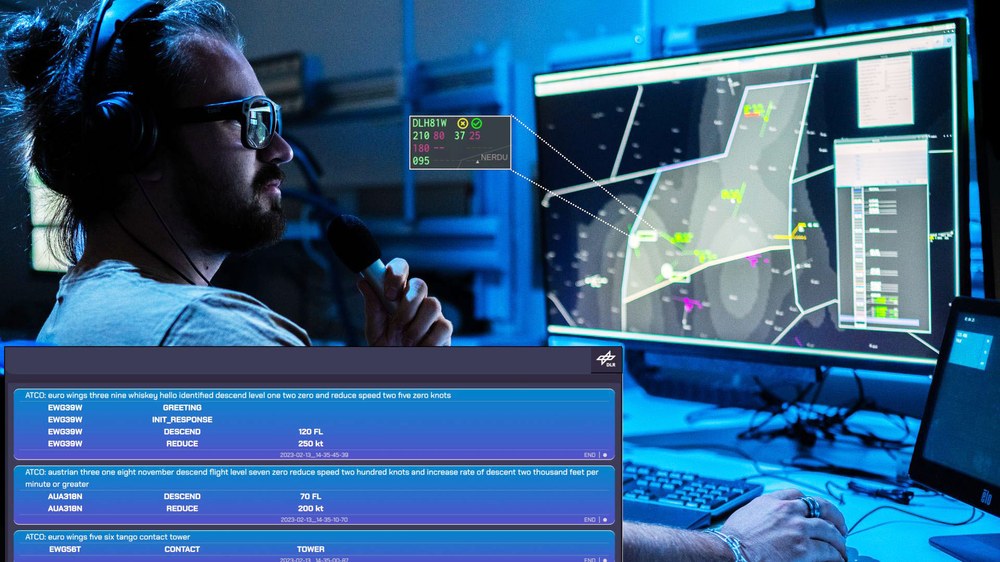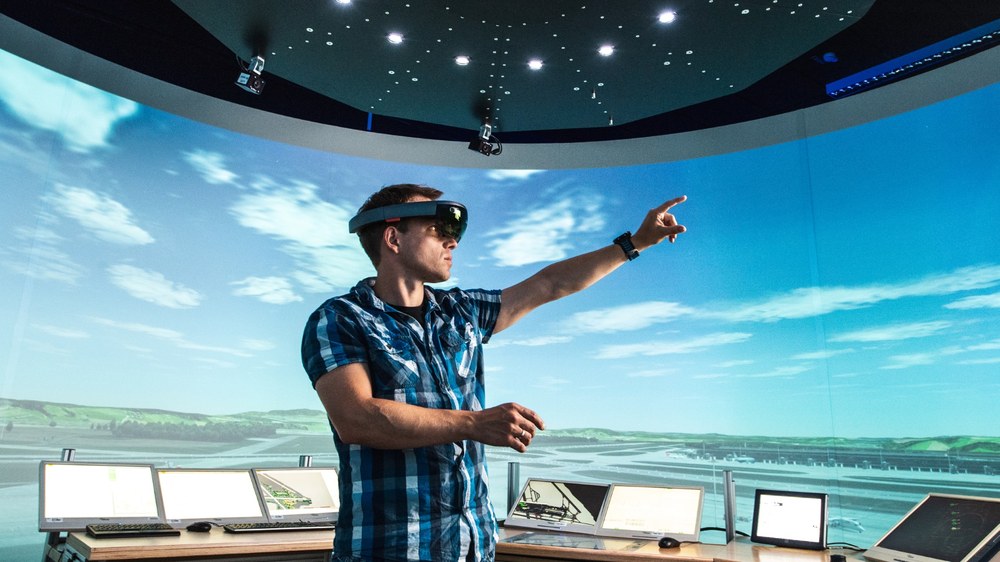Controller Assistance Department



The Controller Assistance department of the Institute of Flight Guidance is one of the world's largest research groups in the field of air traffic control. Over the past three decades, the department has helped to shape innovations in air traffic control. Among other things, fundamental procedures such as automatic approach and departure planning have been developed here, the potential of a secure data connection between aircraft and air traffic control has been investigated and technologies for understanding speech at the air traffic controller workstation have been invented. This has been made possible by interdisciplinary teams of scientists, engineers, computer scientists and air traffic controllers who are researching the air traffic control systems of tomorrow with passion and scientific ambition.
The air traffic system and air traffic control in particular will face major challenges in the future. Airspace is becoming fuller, more diverse and more complex. Not only are the pure traffic figures increasing after the corona crisis, but different types of aircraft and technology that are ecologically adapted to their task are finding their way into the airspace, such as electric short-haul aircraft or aerodynamically highly efficient long-haul aircraft. At the same time, there are fewer and fewer air traffic controllers available and the need for individualised flight routes to avoid CO2 and contrails is high.
Our department conducts research in the following areas to meet these challenges:
- Digital air traffic controllers: Human controllers and AI systems are to work closely together in teams to manage air traffic in a highly automated and ecologically optimised manner.
- Automatic voice understanding and generation: Development of transfer technologies for integrated and efficient communication between pilots and air traffic controllers.
- Digital twin: The use of virtual images of the airspace, including weather zones, enables disruptive areas such as thunderstorms to be flown around efficiently. The use of similar virtual images at the airport enables highly automated taxiing without using the main engines.
- Generic deployment of air traffic controllers: Using new technologies and more automation, air traffic controllers are to be deployed more flexibly in terms of time and location. To achieve this, the procedures and training of air traffic controllers must be adapted.
In its research, the Controler Assistance department relies on co-operation with international partners in air traffic control and uses the latest simulation techniques to create the safest, most efficient and most environmentally friendly air traffic control system in the world for Europe.
